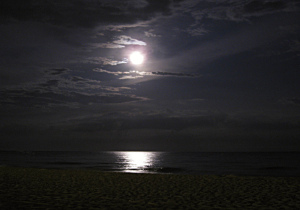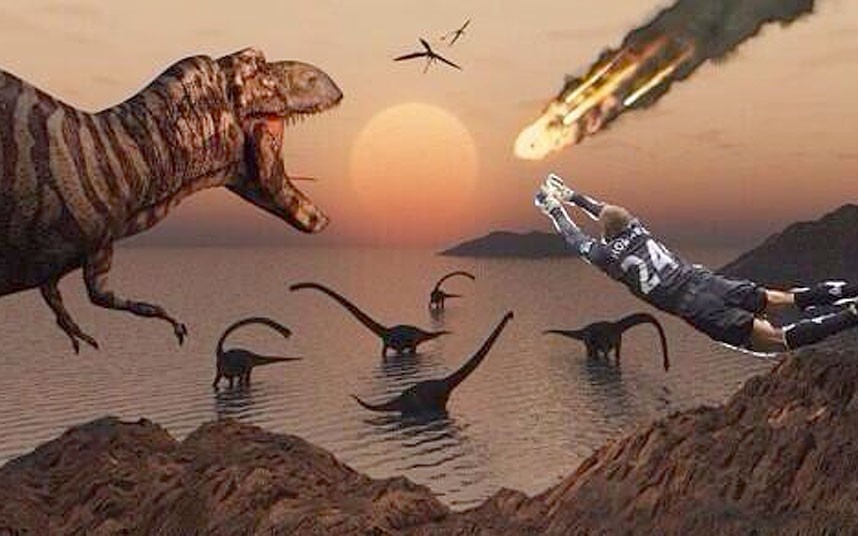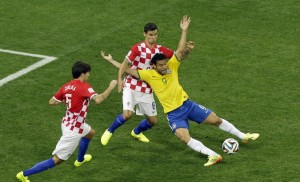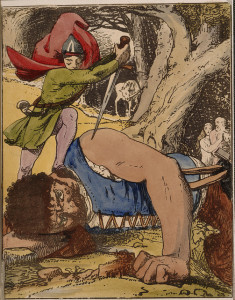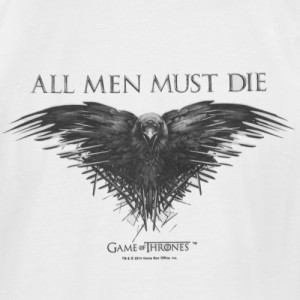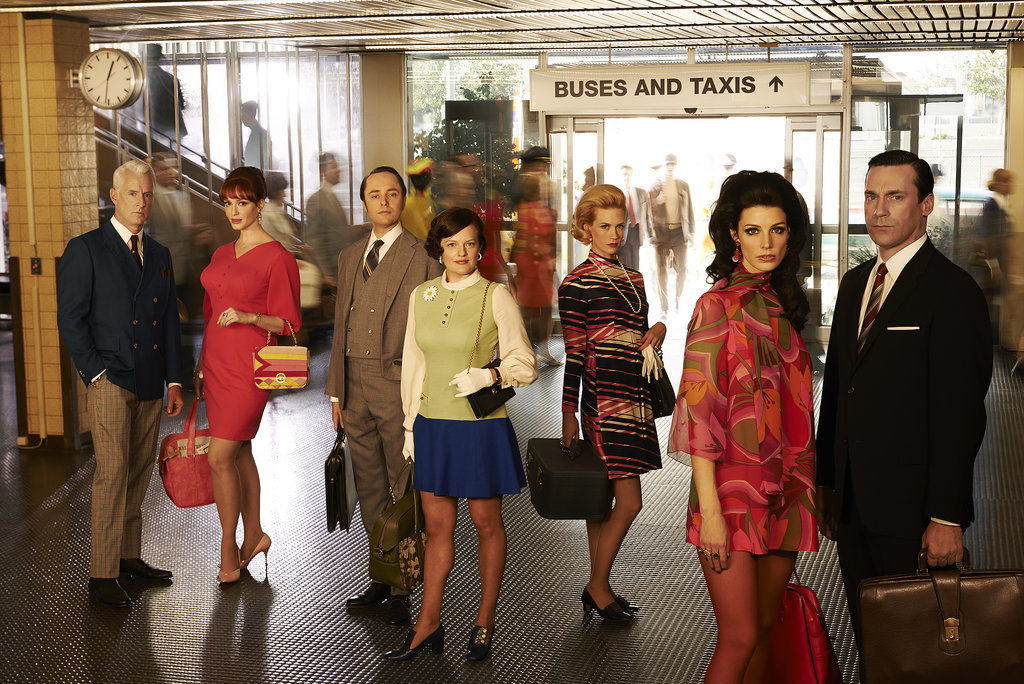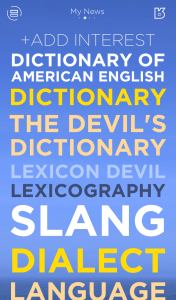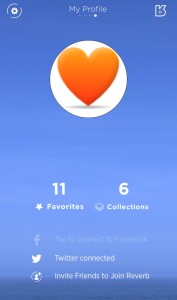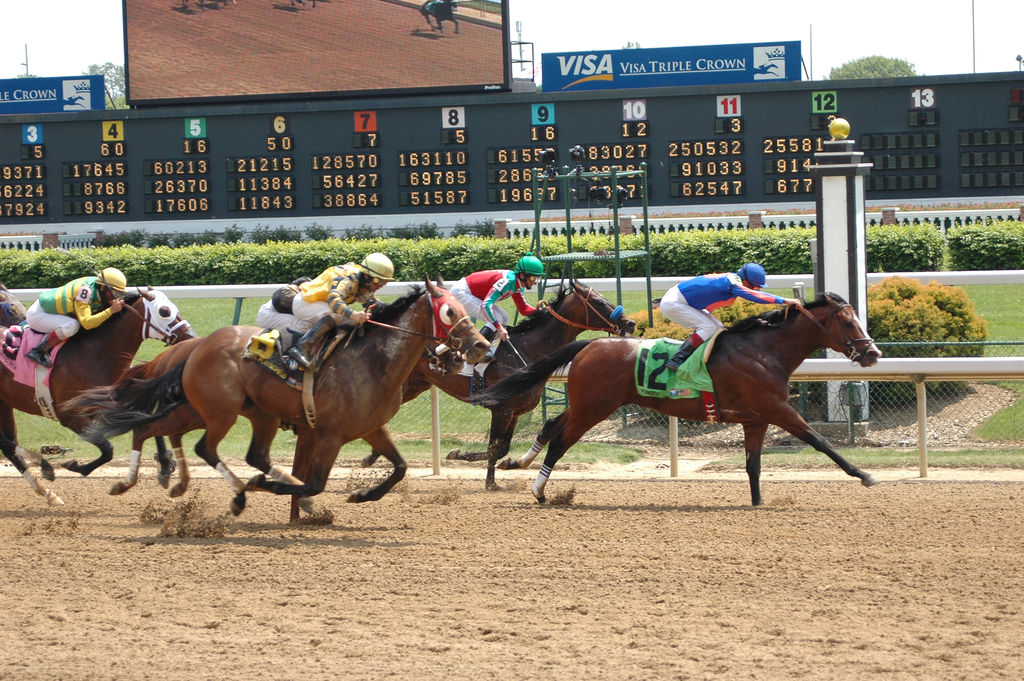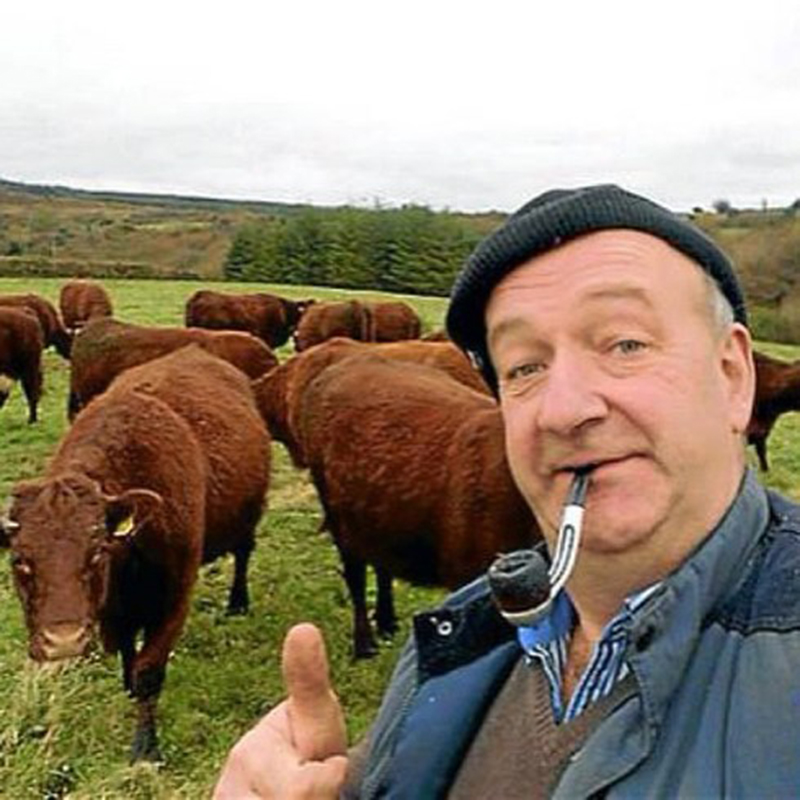Have you always wanted a word for the sound of rustling leaves? How about the fine spray of water swept from the tops of waves during a sea storm? You’re in luck: those words exist along with eight more unusual nature words we should use more often.
apricity
“But, you see, I’m a little too warm, for the road is opposite the apricity all the way, and the sun is rather hottish this morning.”
“The Husband-Love,” The Dublin University Magazine, Volume 20, July to December 1842
Most of us have experienced apricity: the warmth of the sun in winter. So why not use it every sunny winter day?
Apricity comes from the Latin apricus, “having lots of sunshine” or “warmed by the sun.” To apricate means to bask in the sun.
estivation
“In the evenings, while they force down obligatory eight-course gastronomies prepared by celebrity chefs at Relais & Chateaux resorts, we contentedly order the plat du jour at a little bistro not far from our humble two-star hotel — simple economies that help make our vacation savings last our four-week estivation.”
“Letter from France: Call Me in September,” Newsweek, August 8, 2004
Estivation is “the act of passing the summer.” According to the Oxford English Dictionary (OED), the word comes from the Latin aestivation-, aestivatio, which means “summer pasturing,” and in botany, the “folded arrangement of petals and sepals in a flower bud.”
Earlier this month estivate was Fritnancy’s word of the week.
frondescence
“The foliage of the trees is nearly as late as last year. The oak and beech have as yet hardly any appearance of frondescence.”
Philosophical Magazine and Journal, 1817
While it’s true most of us won’t have the opportunity to use frondescence to refer to “the time at which each species of plants unfolds its leaves,” it also means foliage in general.
hyemation
“I hope however to get home within this fortnight and about the end of October to my hyemation in Dover street.”
Samuel Pepys, Memoirs of Samuel Pepys
While estivation refers to the passing of summer in a particular place, hyemation means the passing of winter. It comes from the Latin hiemāre, “to winter,” and ultimately hiems, “winter.”
Hibernate, while related, comes from the Latin hīberna, “winter quarters,” and hībernus, “wintry.”
moonglade
“Do you know what happened to the Youngest Twin Sailor once? He was sailing and he sailed right into a moonglade.”
Lucy Maud Montgomery, “A Soul That Was Not at Home,” Lucy Maud Montgomery Short Stories, 1909 to 1922
The Turkish gumusservi, “moonlight shining on water,” is often included in lists of awesome words with no English equivalent. However, we’d argue there is one: moonglade, “the track of moonlight on water.”
A glade, in addition to meaning “an open space in a forest,” also once referred to “a clear or bright space in the sky; a flash (of light or lightning),” says the OED.
noctivagant
“The bat that can resist all these inducements must be little better than a brickbat, and yet who ever knew one of those wayward, noctivagant creatures to condescend even to such terms?”
James Russell Lowell, Charles Eliot Norton, Letters
While noctivagant, wandering in the night, mainly refers to animals, we see an easy application to all things night-wandering. A night owl on an evening stroll, post-party drunks, insomniac superheroes — all noctivagant in our book.
ombrophobous
“With reference to their behavior toward precipitation, plants are ombrophilous, or rain-loving, or ombrophobous, or rain-fearing.”
Roscoe Pound, Frederic Edward Clements, “Physiography,” Phytogeography of Nebraska
Are you ombrophilous, rain-loving, or ombrophobous, rain-shunning? The ombro- part of both words comes from the Greek ombros, “rain shower,” while –philous comes from philos, “loving,” and –phobous from phobos “fear, panic, terror.”
Umbrella, in case you were wondering, has a different origin. It comes from the Latin umbella, “parasol,” and is influenced by umbra, “shade.”
petrichor
“The scientific name for the earthy smell after rain is petrichor from the Greek petra, stone + ichor, the liquid that flows in the veins of the Greek gods.”
“Quite Interesting Facts about Smell,” The Telegraph, October 6, 2011
Petrichor, “the distinctive scent which accompanies the first rain after a long warm dry spell,” is one of our all-time favorite words. It was coined in 1964 by Australian researchers I. J. Bear & R. G. Thomas in Nature magazine:
The diverse nature of the host materials has led us to propose the name ‘petrichor’ for this apparently unique odour which can be regarded as an ‘ichor’ or ‘tenuous essence’ derived from rock or stone.
Petro– comes from the Greek petros, “stone,” and –ichor, “an ethereal fluid believed to supply the place of blood in the veins of the gods,” from the Greek ikhor. Related to ichor is the Icarus, he of the fake wings and ill-conceived jaunt to the sun.
psithurism
“Another day the sweet south is blowing; do you not see how the larch and lime palpitate with pleasure?. . . do you not hear the musical psithurism of the feathered foliage?”
Mortimer Collins, The Secret of a Long Life
Psithurism, the sound of rustling leaves, is another word we can’t believe isn’t used more often. The word is imitative and ultimately comes from the Greek psithuros, “whispering, slanderous.”
Another cool whispering word is susurrous, which refers to whispering or rustling in general.
spoondrift
“A curtain of spoondrift hung above that awful reef and almost shut from the view of those ashore the open sea and what swam on it.”
James A. Cooper, Cap’n Abe, Storekeeper
While spoondrift, “a showery sprinkling of sea-water or fine spray swept from the tops of the waves,” has a more common modern form, spindrift, we prefer the obscure form.
The spoon- part of spoondrift has nothing to do with the utensil (which comes from the Old English spōn, “chip of wood”) but comes from the obsolete Scots spoon, “to run before the wind,” while drift is either derived from drive or borrowed from the Old Norse drift, meaning “snow drift,” or the Middle Dutch drift, meaning “pasturage, drove, flock,”
For even more unusual nature words, check out this list.
[Photo: “Miss J Basking in the Sun,” CC BY 2.0 by Aiko, Thomas & Juliette+Isaac]
[Photo: “Autumn Leaf Color in Garden (Ueno Park, Tokyo, Japan),” CC BY 2.0 by t-mizo]
[Photo: “Moonlight, Castelldefels, Spain,” CC BY 2.0 by Sarah]
[Photo: “Rain,” CC BY 2.0 by Thomas8047]


